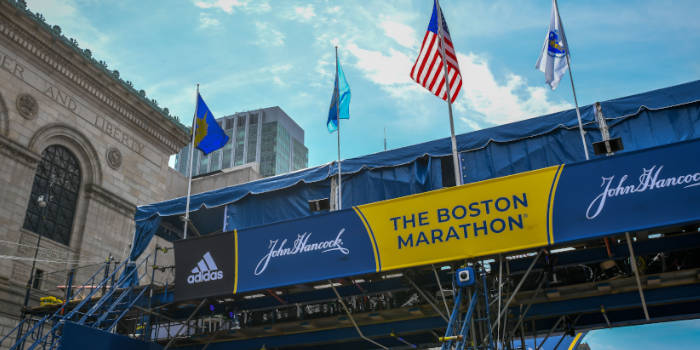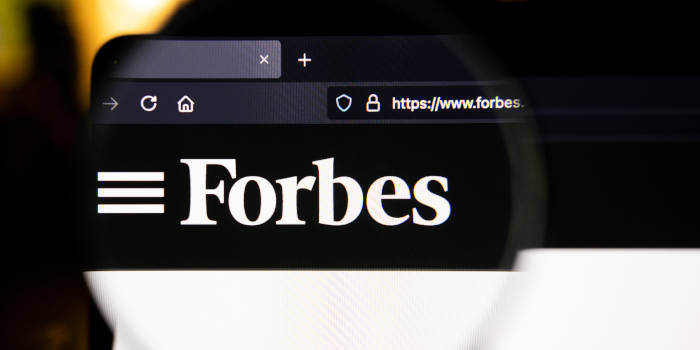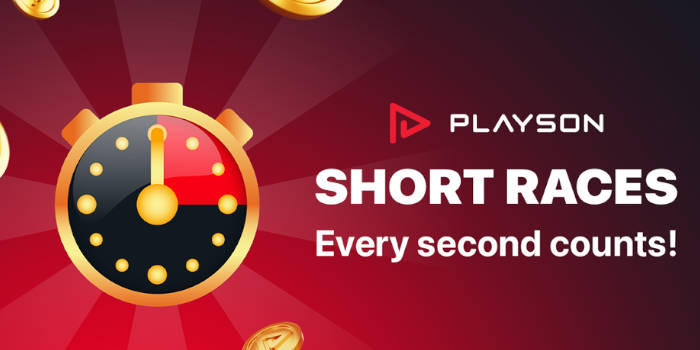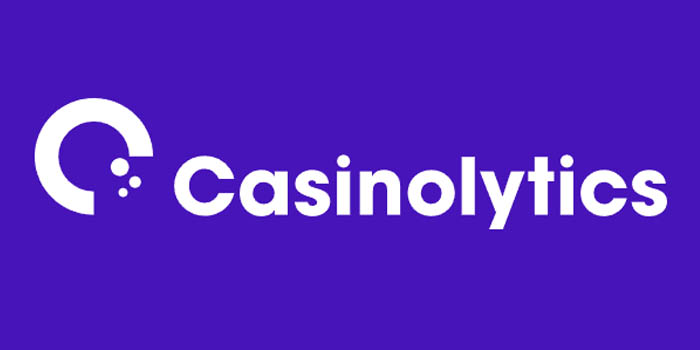Low6 CEO and Founder Jamie Mitchell: “Gamification Helps Sports Franchises Understand and Activate Fan Bases.”

Low6 CEO Jamie Mitchell leads one of the best sports gamification companies. As such, he has a unique insight into what makes sports fans tick and how this can impact sports franchises and companies looking to connect with their audiences. In our conversation with Mitchell, he explained to us why free-to-play games matter and why organizations should try to understand fans beyond simply relying on loyalty to achieve long-term success. More importantly, they should collect data that helps them deliver better experiences to those fans. Low6 has a formula that allows its partners to achieve this.
Q: Why is it important for a sports franchise to activate their fan base today and what does this activation entail?
A: I think that a large percentage of sports franchises don’t truly understand who their fanbase is. They know they’re loyal, they know they’re often multi-generational, and they know they trust the franchise they support, but I think, even today a very high percentage of sports franchises don’t know enough about their fans. Low6’s gamification tools help franchises start contextualizing and curating data on their fans, immediately helping them interact with their audiences in a more cohesive and meaningful way. That activation is through gamifying the relationship with their fans, telling them how fans feel about the performance of the team and the players – that information is critically important as it’s provided by the fans without any bias – their gaming choices reflect their true love of their team, so that data is incredibly valuable, as is the interaction with the fan before, during and after a competition.
Q: How has the arrival of free-to-play games helped achieve better engagement between brands and their fans?
A: There are three ways to look at this. There are three parties that benefit from F2P games: first, the franchises themselves, by building more meaningful interactions with their fans. Secondly, the fans, have the chance to interact with their club in a meaningful and personal way with the chance of (typically) winning prizes through F2P games. And then the third and biggest winner is typically a brand, for example, an iGaming operator who can then interact with the fan using the F2P gamification company to start introducing gambling into that F2P space. In the end, you get the franchise winning, the fans winning, and then the brands which also win from the interaction with that gaming tool.
Q: Are F2P games a gateway to sports betting or they are their independent product that is independent of the mass industry legalization around the world?
A: I think that the iGaming companies would very much rather see these F2P games as a training tool to help people understand the wider world of sports wagering. They can help fans understand what odds mean for example, what the likelihood is of certain events happening, etc. I think that F2P games can be a very useful training tool for people to understand what the sports betting landscape looks like and how much fun it can be.
Q: How have your products changed over the past years of operation? Does each release build on an established formula or is there constant innovation afoot?
A: Low6’s products have innovated and updated enormously, by following the data and the trends across the market. For instance, in March Madness, 47 million fans will take engage in that tournament, and 14% of those fans will participate in some form of bracket game. It would be a big miss for us if we didn’t have a bracket offering, so we’ve built one for 2022. We’ve also been watching the increasing importance of AI, and how it helps us learn about the behaviors of each user of our platforms, and that’s being built into our March Madness offering. AI helps us understand how we need to present different solutions based on each users’ own needs, so we’re doing just that. That’s a good example of how we’re using data, market knowledge and innovation to keep being market leaders.
Q: What plans do you have for 2022 and how do you think the F2P games landscape will change?
A: We want to see our products across as wide a range of sports as possible, ideally into every sport out there. We’re expanding fast, and already starting to branch out of the traditional heartland of male-dominated sports into women’s sports, an area in which we think there is a significant untapped market, both in the U.S. and worldwide.
How do I think the F2P games landscape will change? I think Low6 is already leading the change that illustrates the answer to that. It’s about personalized gaming, not the spray and pray approach, but to have the right message, right person, and right time strategy. For example. understanding that a user is interested in basketball and his or her favorite player is Lebron James, then serving that person a gaming offer that is truly relevant to them, as opposed to the old scattergun approach, that’s where the future has to take the industry. AI will play a major role in that, providing much more personalization for the end-user, and that’s where our efforts are focused, on developing one-to-one relationships for franchises with their fans, relationships that develop further still the engagements that are the bedrock of support.
Stoyan holds over 8 years of esports and gambling writing experience under his belt and is specifically knowledgeable about developments within the online scene. He is a great asset to the GamblingNews.com team with his niche expertise and continual focus on providing our readers with articles that have a unique spin which differentiates us from the rest.















